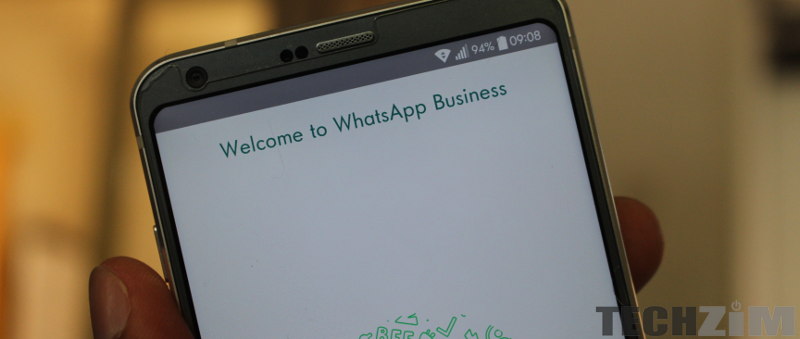Back in 2016, we cried foul when we realised that WhatsApp constituted 34% of mobile internet traffic usage in Zimbabwe. Two years on, this is still the case, and in fact, the number has slightly increased (34.4%).
The more things change, the more they stay the same?
This is even more alarming once you take into account the fact that the number of subscribers has since fallen from 12.7 million active subscribers to 12.1 million. The number of subscribers has fallen by 4.7% whilst WhatsApp usage has actually increased by 0.4%. To make matters worse, back then it was 34% of 1.203 TB whilst now it’s 34.5% of 6.104 TB. Internet usage is increasing but the patterns of usage are not shifting. This poses a number of problems…
The internet is not just a communication tool
The biggest problem posed by this is the fact that WhatsApp is just a communication tool. There’s nothing wrong with that in itself but the internet is much more than a tool for just communicating. It’s supposed to be a tool for discovery but in Zimbabwe, the priority is messaging and social media.
Creating value on WhatsApp is not easy
For business, we’ve heard proclamations that “the internet is great and it will revolutionise the way you do your business”, many-a-time but this is not necessarily true when the Internet = WhatsApp. WhatsApp is a walled garden and asking businesses to extract value from the services might be asking for too much. Unlike WeChat which offers payment services and has turned into a jack of all trades and businesses have a hard time actually turning interaction with customers into $$$. The main problem with WhatsApp is businesses are required to turn online transactions into physical transactions so the reality is that it’s a half-way measure and halfway measures never really cut it.
Fake news
The last time we talked about WhatsApp being king in Zim, misinformation through social media platforms had not become the norm. By providing utility online and not just effective communication tools we can avoid the destructive elements of the internet. Just ask India what can happen when WhatsApp becomes the alpha and omega of the internet. Now I’m not calling for outright regulation or restriction of access to these services but access to broader parts of the internet will help in the education of internet users on what passes the mark as trustworthy news and what’s shoddy and useless.
Network providers have capitalized on this and they don’t seem interested in reversing this trend
Unfortunately, the network providers have seen that there is a craze for social media and they’ve fully exploited this by bundling the internet. The most popular bundles are the ones that offer WhatsApp, Facebook, Twitter and Instagram. The perception is being hardwired into consumers that the internet is only for recreation whilst utility is left to more physical channels and we’re headed down a dangerous path. Even if data becomes less expensive it will take years for us to actually become accustomed to the fact that there is more to the internet than social media tools.
The government bares some of the blame for this…
I run the risk of falling in the trope that is; blame the government for everything that goes wrong whilst you’re doing nothing but hear me out. Our government has not created any value or offered utilities via the internet.
Why not make registration for ID’s available on the internet? You need to go write that provisional driver’s licence test in the coming days? Why not book for that test online. You need to get a new passport and you don’t have time to be waiting in lines? Well, now you’re forced to go online and register there. Unfortunately, you can’t do all these things online. Because that’s the case only a privileged few access to the internet and the use cases are restricted to social media.
Something has to change
POTRAZ’s latest numbers show that WhatsApp and Facebook account for 35.7% of internet traffic. The remaining 64.3 % is attributed to ‘other data usage’ but once you consider that Twitter also has a chunk of usage it means more than 36% is being dedicated to social media.
POTRAZ seem to be ok with this and all they acknowledge in their sector report is:
The growing popularity of social media is expected to drive data usage in the coming years.
Maybe I should loosen up a bit but if I’m being entirely honest I don’t think social media should be the main driver of internet growth and the fact that it is shows where we are as a country. Citizens are not absolved as well. We are the ones who use these platforms and I think many of us know the utility offered by the internet. Are we doing enough to make use of the internet?
Lastly, I’ll ask the mobile network providers a question;
5G is around the corner and you’ll soon be building infrastructure for that. When that happens is the focus going to remain on promoting OTT bundles? Will you promise me blazing speeds so that I can open Facebook just a little faster, download images on WhatsApp faster, keep up to tweets faster? If that’s the case then garai ne5G yacho gen’a…
